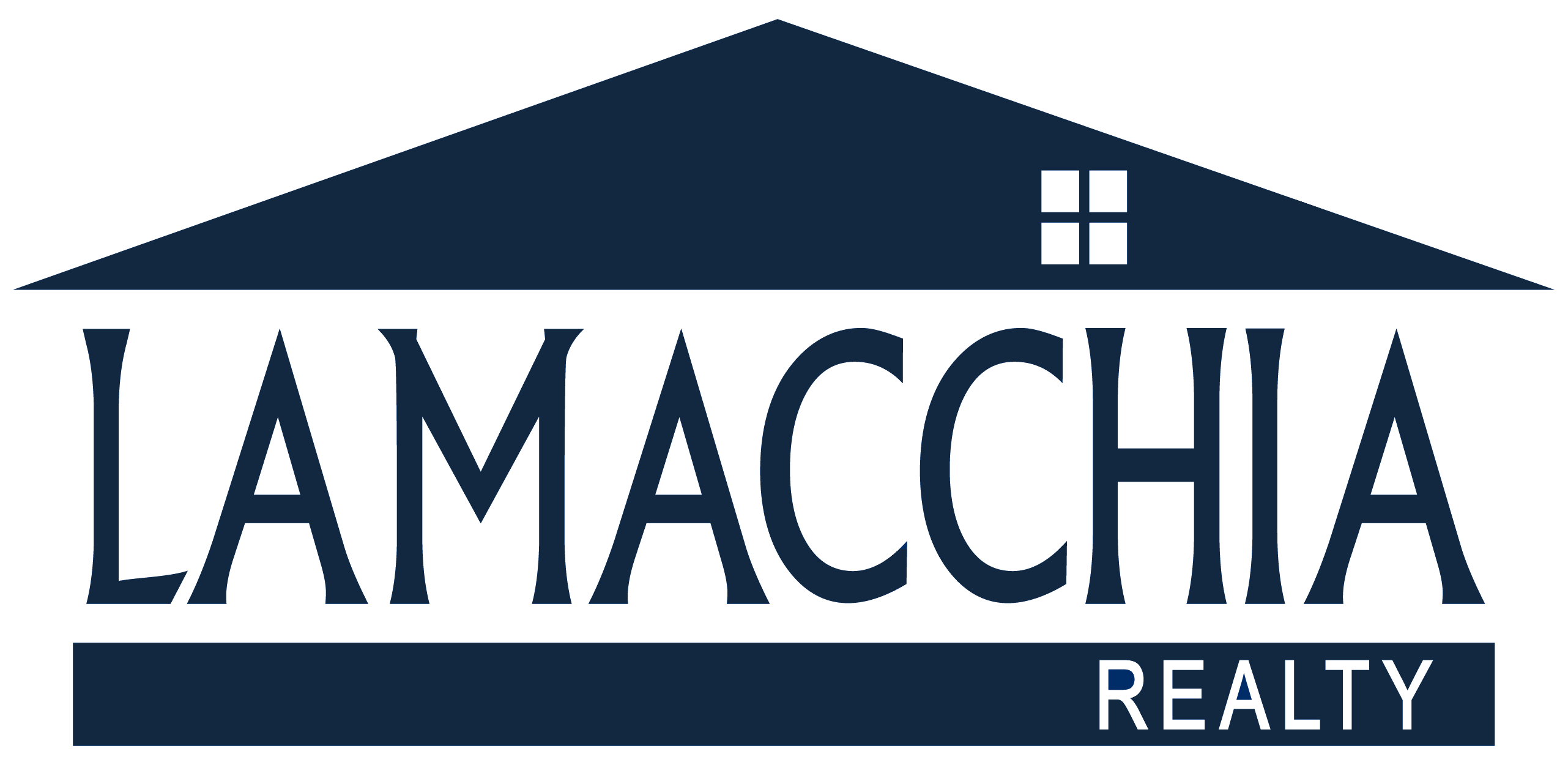
Budgeting for just about anything can be a difficult task. From how much you plan on spending at dinner, on a vacation, or in this case, selling a home, being educated will help you in the long run. Selling a home seems like a simple task which yields you all the profits from the home, but in reality, there are hidden costs that are often unavoidable during the selling process.
Home Preparation Costs:
On average, homeowners complete at least one home remodeling project before putting their house up for sale. Your realtor can make recommendations on what improvements make the most sense to sell the home- but ultimately, they’re going to recommend you are as financially efficient as possible so you make the most off the sale.
Preparing the home for sale can cost a bit when it comes to storing your belongings, so the home can be properly staged for showing. Staging professionals are available for hire, but it’s often sufficient for sellers to do this on their own.
Massachusetts Closing Costs:
At closing, sellers are expected to pay their real estate commissions which can amount to 5% or 6% along with tax stamps. Tax stamps are $4.56 on average for every $1,000 of the sales price in Massachusetts and are $7.50 for every $1,000 for both buyers and sellers in New Hampshire. In Massachusetts, it’s recommended that sellers hire real estate attorneys, for which fees can amount to around $1,000. A smoke inspection costs around $50 and a Title V inspection runs anywhere from $400-$800. As well, if you’re selling a condo, there is a 6D charge which varies by management company but is generally in the $100 range.
If there’s a profit on the sale, a capital gains tax may be due to the IRS and to some states. The difference between what you paid and what it sold for is what’s assessed, along with how long the property was owned. This is broken down into long-term and short-term capital gains rates and the percentage owed is dependent on what the income on the sale yielded and if you’re filing as single or married. It can go anywhere from 10%-39.6%. The good news is that there are exclusions of up to $250,000 if single and $500,000 if you’re married and the property was your primary residence.
Florida Closing Costs:
For the state of Florida, there are certain fees and closing costs that differ from Massachusetts. Your lender is required to give you an estimated breakdown of the amounts. Typically, neither the seller nor buyer pays 100% of all closing costs. The seller will generally pay between 5-10% of the sales price and the buyer pays 3-4% in closing costs.
Sellers
Before officially closing on the sale of your home in Florida, there are certain closing costs to be aware of. These can include outstanding or unsettled payments on the home or condo, a title search which ensures the home is free of any liens, any transfer taxes (tax stamps) which calculates out to $0.70 per $100 (for everywhere in the state excluding Miami-Dade County), and title insurance.
Buyers
Buyers also have to pay certain costs before they officially purchase their home. These costs include the cost of a home inspection to ensure there are no major issues with the home, any loan origination fees, recording fees which is the price you pay to register the home, and much more.
For a full list of Florida seller and buyer closing costs, visit simpleshowing.com
A Good Realtor Will Help You Sell for More:
Many see the commission fees and decide to sell their home themselves, called a FSBO or For Sale By Owner. While avoiding that fee may be attractive to a seller, you’re also missing out on a Realtor’s expertise which helps avoid legal pitfalls and numerous hurdles that can derail a sale. Realtors also help sell a home faster- homes sold fast sell for more.
As well, many buyer’s agents tend to avoid FSBOs because they know they’re not dealing with an expert which can make the transactions difficult for their buyer clients. FSBOs aren’t adequately marketed which yields lower sale prices because fewer buyers know about the home’s availability. Keep in mind, the more the home sells for, the greater the profit made to compensate for the closing fees associated with the transaction.
